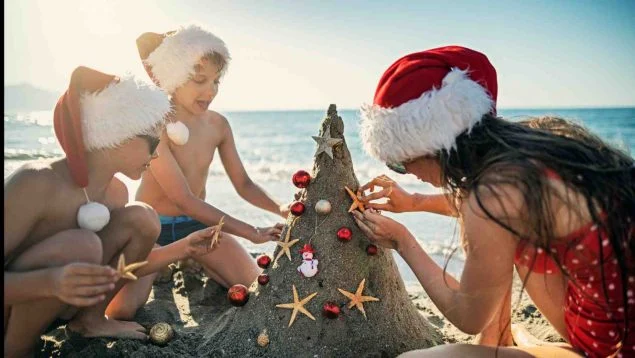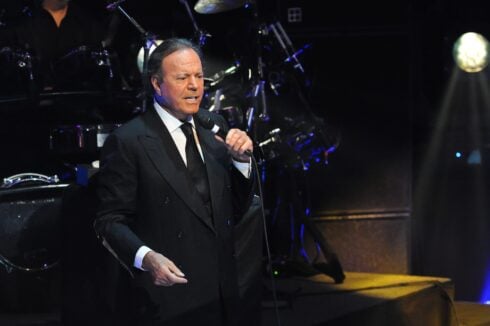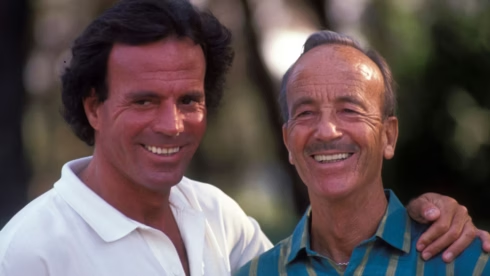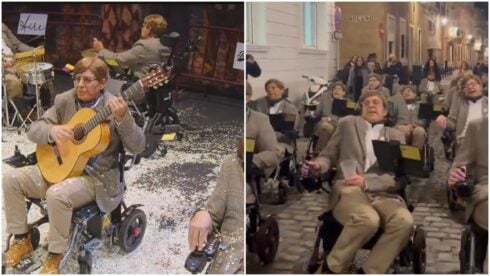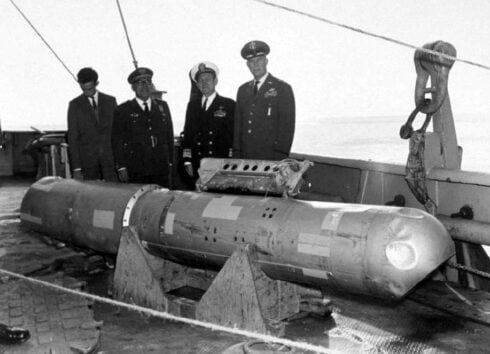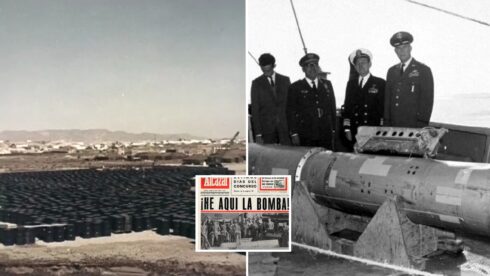How do Spain’s Christmas Day traditions differ from the UK? Here’s a quick guide on celebrating the holiday Spanish style.
While in many nations children eagerly await the arrival of Santa Claus, Spanish kids have to wait a little bit longer for their presents.
Instead of Father Christmas, Spaniards get their gifts from the Reyes Magos, or the Three Kings.
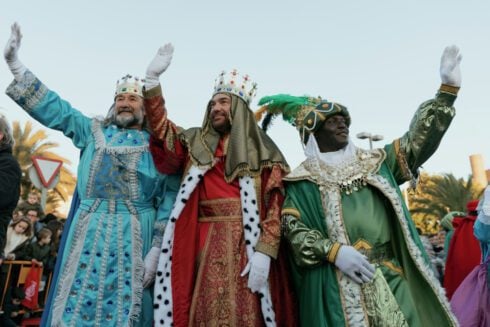
So, if they aren’t looking out for the big man in the red suit, what do they celebrate on December 25th?
Spain is a deeply catholic country and Christian traditions are still upheld in many households.
Christmas Day is a celebration of Jesus’s birth, with festivities beginning on Christmas Eve.
Unlike Britons, Spaniards have their big family meal the night before Christmas, or nochebuena.
This is when the family gathers around traditional dishes featuring cheese, roast meat, jamon and more.
While Brits love to feast on chocolate, mince pies and Christmas cake, Spaniards opt for polvorones biscuits, turron nougat and mantecado butter biscuits.
Then, the most devoted will set off to the Misa de Gallo, or midnight mass to celebrate the birth of Christ.
The next day, December 25, is still a time for family to gather, but the meal is decidedly smaller.
Children will often receive a small gift from Santa as traditions from outside Spain have seeped into their festivities.
A week later on New Year’s Eve, or nochevieja, families will again gather for a meal to ring in the new year by chomping down twelve grapes before partying with friends.
Finally, January 6 is the dia de reyes or epiphany in English, when the three kings make their arrival, bringing gifts and sweets.
On the night of January 5, the three kings parade through towns and cities, throwing sweets and gifts to the children.
Then, they run home to swap stockings for shoes as they leave out their footwear to be filled with sweets by the kings.
Kids also leave snacks and drinks for the kings and their camels, including carrots, milk and turron.
The next day, excited children wake up to find the snacks gone and replaced with presents brought by Melchor, Baltasar and Gaspar.
Click here to read more La Cultura News from The Olive Press.

